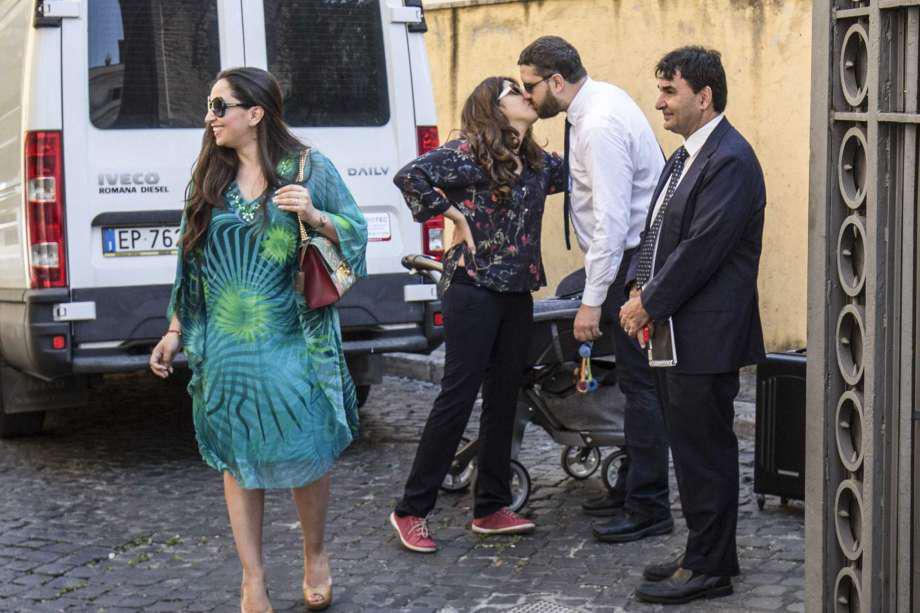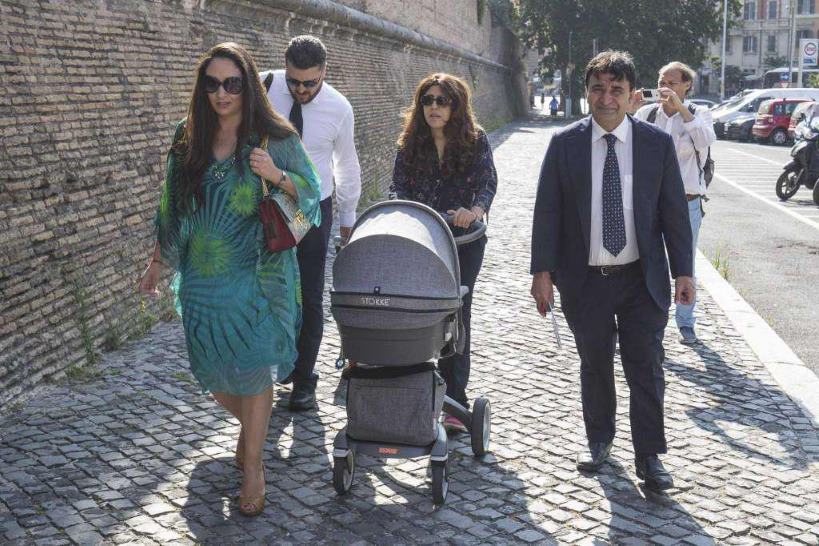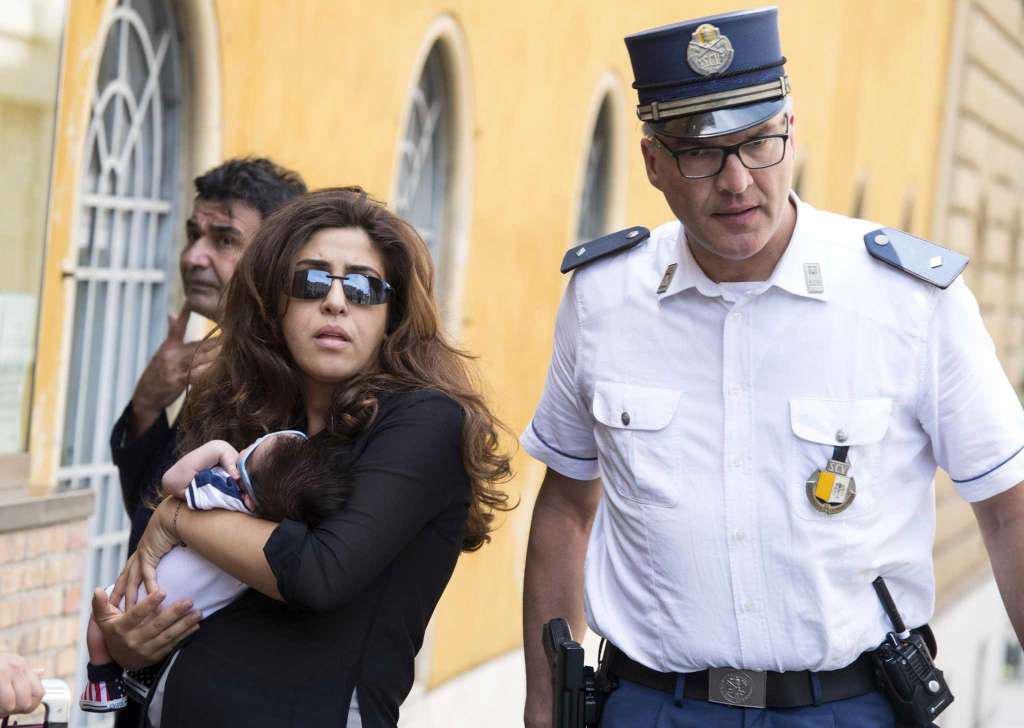|
Vatican judges weigh fate of 5 accused in leaks scandal
By Nicole Winfield
VATICAN CITY (AP) — A Vatican tribunal on Thursday began deliberating the fate of five people, including two journalists, accused in the publication of confidential Vatican documents that exposed greed, mismanagement and corruption in the Holy See. The judges were expected to return a verdict within hours of the consultations, which began shortly before noon (1000 GMT). In a final, tearful statement, the woman at the heart of the scandal, Francesca Chaouqui, admitted she had made mistakes and that she has a strong, proud personality. But she denied she ever passed confidential documents onto journalists and vowed to go to jail with her newborn if convicted. "If the court asks Italy to put this sentence into effect, we will pass our first years in jail," Chaouqui told the court, with baby Pietro in a side room with his father. Prosecutors have asked the court to hand down the stiffest sentence against Chaouqui, three years and nine months. Chaouqui, a Vatican monsignor and his secretary are accused of forming a criminal organization to leak the documents. They were part of a pontifical commission charged with acquiring information about the Holy See's finances and proposing recommendations to make them more transparent and efficient. Italian journalists Gianluigi Nuzzi and Emiliano Fittipaldi wrote blockbuster books last year based on the commission's documentation exposing the greed of bishops and cardinals angling for big apartments, the extraordinarily high costs of getting a saint made and the loss to the Holy See of millions of euros in rental income because of undervalued real estate. Monsignor Lucio Vallejo Balda, the reform commission's No. 2, admitted in court that he gave Nuzzi 85 passwords to password-protected documents, but said he did so because he felt pressure to turn them over. He denied that the journalists themselves threatened or pressured him, and pointed the blame on Chaouqui. The journalists were accused of conspiracy in publishing the news. Publishing confidential information is a crime in the Vatican, punishable by up to eight years in prison if it concerns the fundamental interests of the city state. The Committee to Protect Journalists, Reporters Without Borders and other media watchdog organizations have criticized the trial and called on the Vatican to drop the charges, saying journalists must be allowed to do their jobs without fear of repercussions. In their closing arguments, prosecutors insisted that they weren't putting the freedom of the press on trial but rather the journalists' "moral conspiracy" to get the information. Prosecutor Roberto Zannotti argued that the journalists' "availability and presence" created the "psychological impulse" that "reinforced the will of those who divulged the information to reveal their news."
|
.
Any original material on these pages is copyright © BishopAccountability.org 2004. Reproduce freely with attribution.


